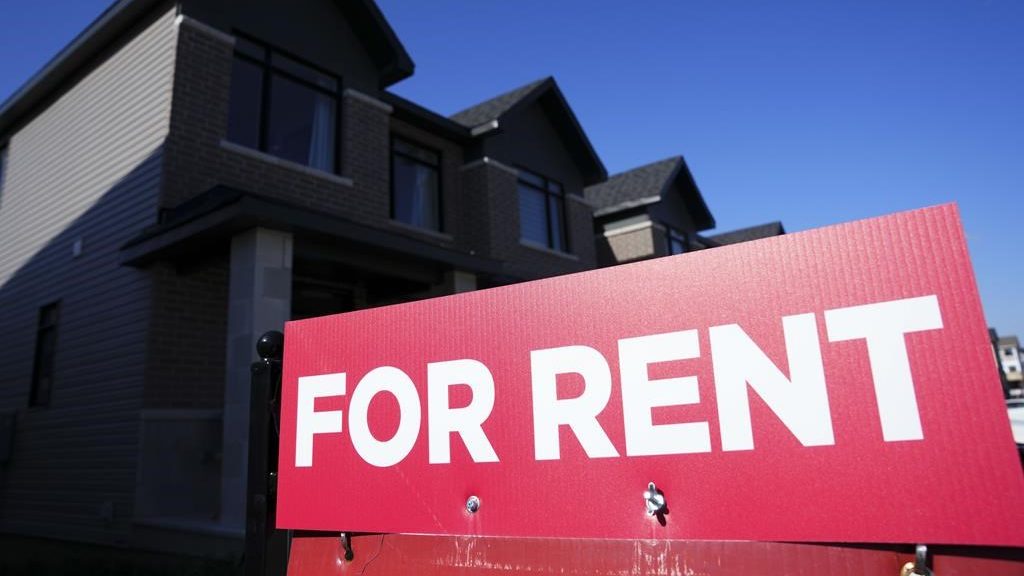Rents will rise more in Quebec than anywhere else in the country: report

Posted November 15, 2024 4:16 pm.
Last Updated November 15, 2024 6:08 pm.
Rent inflation is expected to be high in Quebec next year, while it’s likely to slow elsewhere in Canada, according to Desjardins economists in an analysis of the residential rental market.
A major factor driving this trend is Quebec’s ineffective rent control allowing landlords to raise rents even when new tenants move in, says Catherine Lussier, coordinator of housing advocacy group, FRAPRU.
RELATED: Rent inflation to slow in the next few years, Desjardins predicts
Lussier also warns that rents could rise faster than anticipated, as seen last year, with Quebec housing tribunal’s (TAL) 2024 forecast of 4 per cent increase already falling short of what FRAPRU is observing. A prospect that will grate on the teeth of many of the province’s already hard-pressed tenants.
“I feel like right now I’m pretty lucky because my apartment’s pretty cheap because I got it a few years ago but I’ve been like searching for like to move to a different neighborhood and the prices are like so overwhelming so thinking that like the prices might get even higher is like very,very scary,” said Noah Cassy, a Montrealer.
For Montrealers like Casey, finding an apartment in a central neighbourhood of the city that permits dogs, feels like an almost impossible task.
“It’s like already impossible to find an apartment and then to find one that is like at a like a proper price, I don’t know how it’s gonna go.”
Guy Lambert, another Montrealer says, “It’s important to have what we need. Some people especially on this corner they stay outside you know and it’s not nice to do that to them.”
Desjardins economists note that while the TAL recommendations for 2025 have not yet been released, part of the calculation is based on the “rent” component of the Consumer Price Index, which rose by 8.3 per cent in the third quarter of 2024.
Over the past two years, the TAL recommended a 1.8 per cent rent increase in 2023, followed by a sharp increase to 4 per cent in 2024 — an unprecedented jump in 30 years for buildings over five years old.
Lussier argues that the solution lies in what her organization has long advocated: more social housing and stronger rent control measures.
“Without a real rent registry also there is no tools for those tenants to also target those increases between two tenants that we also have been asking for many years. And it needs at least to make the little bit that we have more effective at least,” said Lussier.
Casey says, “I just want a very cute apartment on the Plateau that is not going to cost my entire paycheck, please.”








